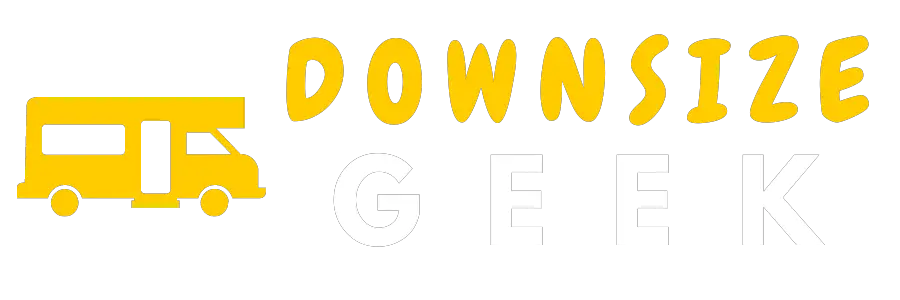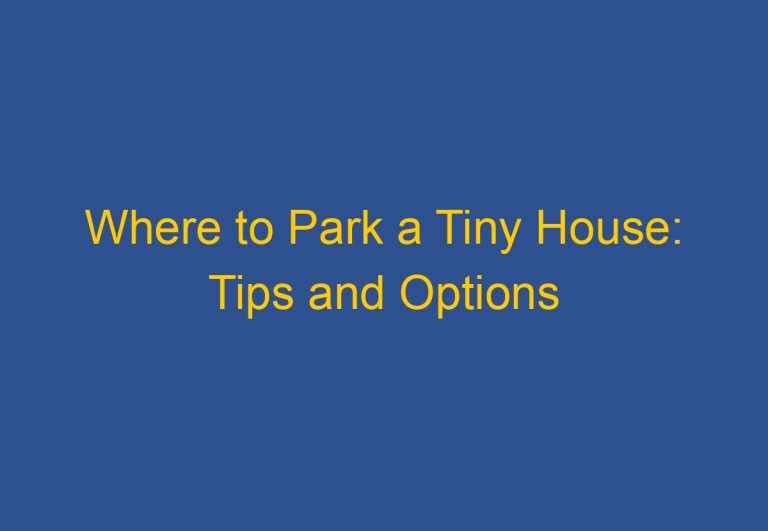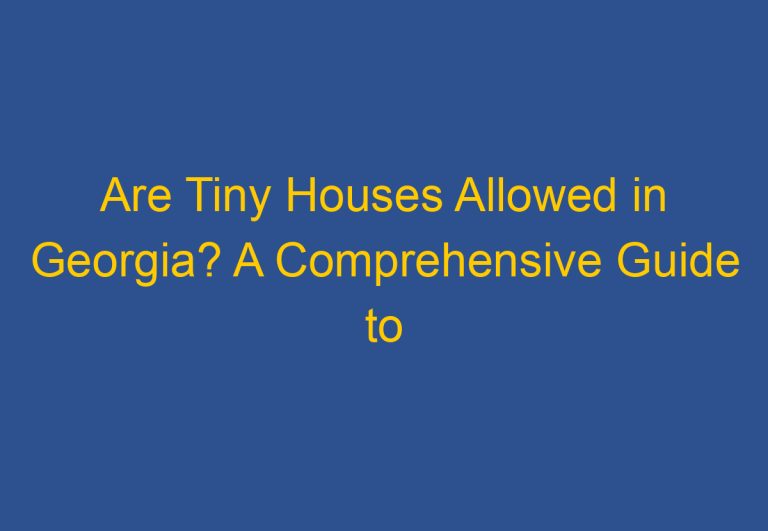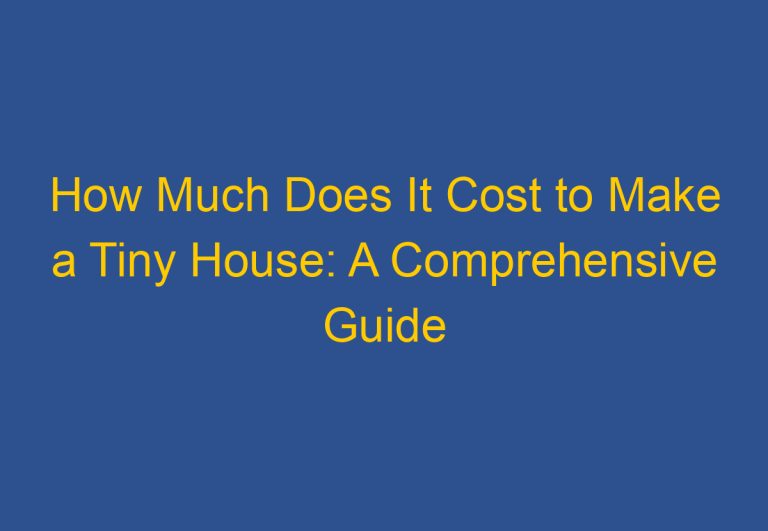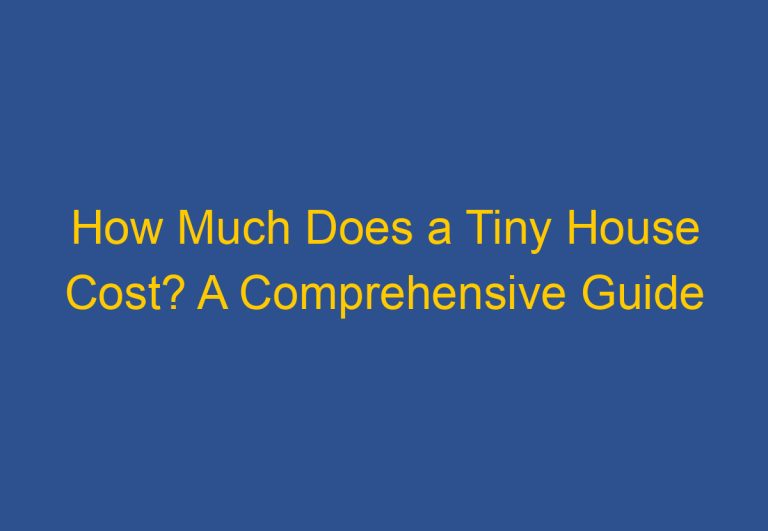Are Tiny Homes Allowed In Colorado? (Rules & Regulation)
Yes, tiny homes are allowed in Colorado, but the regulations and zoning laws vary by city and county. Some areas have specific requirements for the size of the home, the foundation type, and the minimum square footage.
It’s important to check with your local government and building codes department to ensure that you are following all of the rules and regulations.
Additionally, some communities have restrictions on where tiny homes can be parked or located, so it’s important to do your research and make sure you are in compliance with all local laws and regulations.

Are Tiny Homes Legal in Colorado
Tiny homes are legal in Colorado, but they must be classified as residential improvements for the purpose of property tax.
In most of Colorado, tiny homes come under the category of recreational vans or dwellings and it is illegal to live in them permanently.
If a tiny home on wheels (THOW) is used as a permanent dwelling, it is typically illegal, however, the Colorado State bill HB22-1242 was passed in 2022 which officially made tiny houses (even on wheels!) legal/legitimate real property in Colorado. Living one full-time is largely illegal in Colorado.
Where are tiny homes legal in Colorado
Tiny homes are legal in Colorado, but the specific regulations and zoning laws vary by city and county.
Some areas have embraced the tiny home movement and have specific zoning laws that allow for them, while other areas have not yet established regulations for tiny homes. Some cities in Colorado that allow for tiny homes include:
Salida Colorado
Allows for movable tiny homes and has specific regulations for their construction and placement.
Walsenburg Colorado
Allows for tiny homes on a foundation and has specific regulations for their construction and placement.
Durango Colorado
Allows for accessory dwelling units (ADUs), which can include tiny homes, and has specific regulations for their construction and placement.
Lyons Colorado
Allows for movable tiny homes on wheels as long as they are parked in designated locations.
It’s important to note that these regulations can change and may be subject to interpretation by local authorities, so it’s important to do your research and check with your local government and building codes department to ensure that you are following all of the rules and regulations.
What counties in Colorado allow tiny houses?
Several counties in Colorado allow tiny houses, but the regulations and zoning laws may vary. Some of the counties that have regulations for tiny houses include:
El Paso County
Allows tiny houses as ADUs (Accessory Dwelling Units) and has specific regulations for their construction and placement.
Boulder County
Allows tiny houses on wheels as long as they meet specific criteria, such as being built on a trailer and meeting certain size and safety requirements.
Park County
Allows tiny houses as ADUs and has specific regulations for their construction and placement.
Lake County
Allows tiny houses on wheels as long as they meet specific criteria, such as being built on a trailer and meeting certain size and safety requirements.
La Plata County
Allows tiny houses as ADUs and has specific regulations for their construction and placement.
It’s important to note that these regulations can change and may be subject to interpretation by local authorities, so it’s important to do your research and check with your local government and building codes department to ensure that you are following all of the rules and regulations.
Where can I park my tiny house in Colorado?
There are several options for parking a tiny house in Colorado, including dedicated tiny house parking spots, RV parks, and private properties with full hookups. Additionally, creativity can be used to find other suitable locations.
